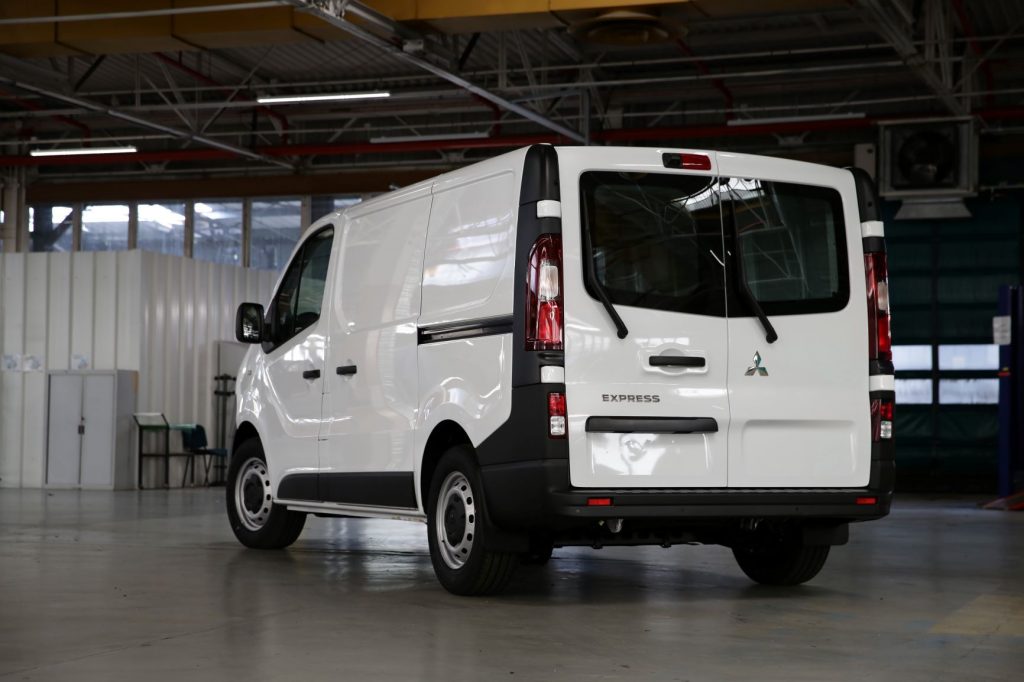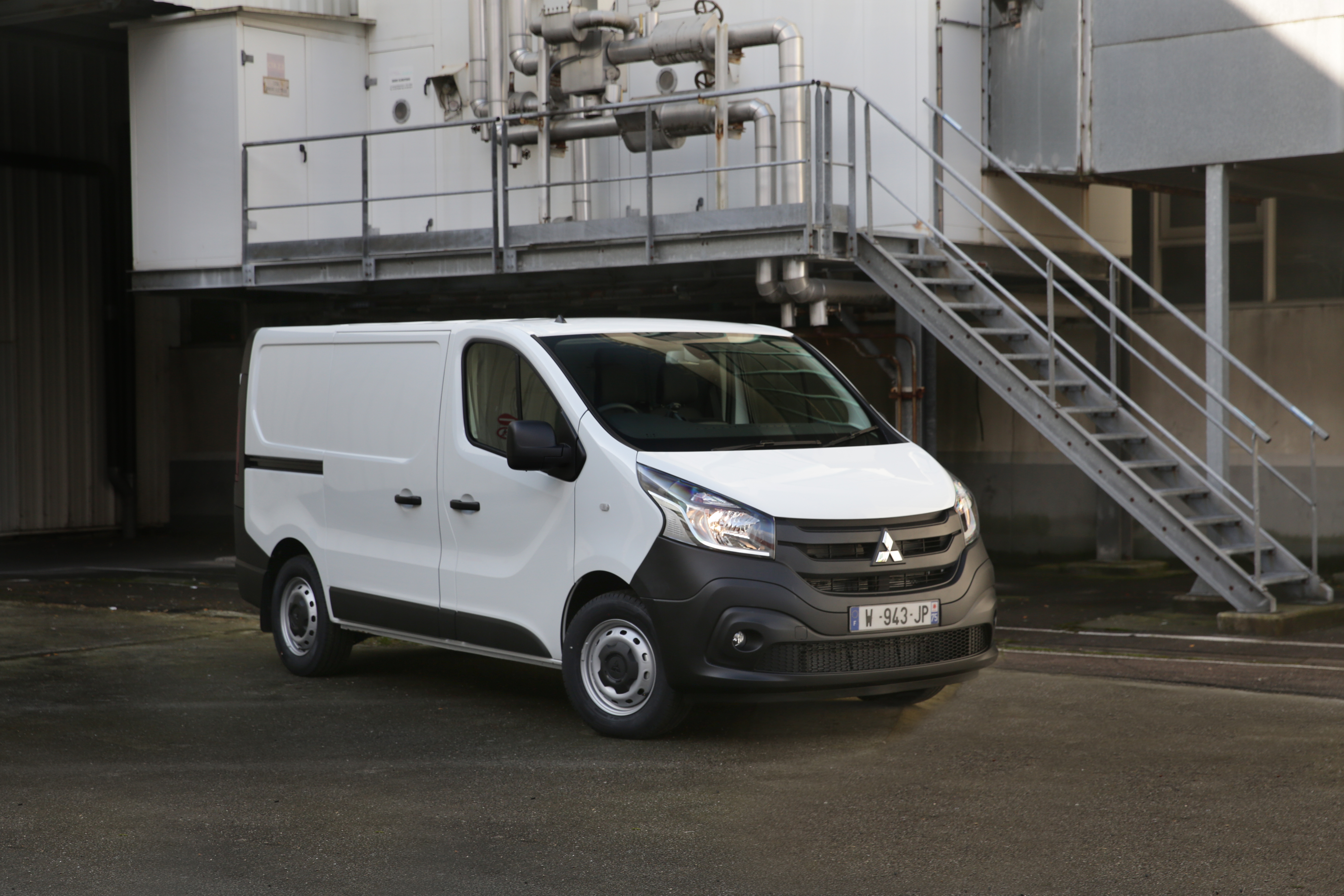IT HAS LONG BEEN our contention, here at seniordriveraus that people who use their vehicles as mobile offices or workshops are probably in greater need of safety than others who use their vehicles on a more occasional basis.
This makes it of even greater concern that ANCAP’s first ever zero star rating has been awarded (if that’s the right word) to the Mitsubishi Express van.
The Mitsubishi Express van is a popular choice for commercial fleets and private tradespeople, all of whom are exposed to an unacceptably high risk factor because they are driving a vehicle lacking in important safety systems.
According to ANCAP, the Express also delivered only marginal performance in physical crash tests and lacks basic safety features that consumers have come to expect in a newly released model.

Mitsubishi announced the withdrawal of the Express van from the Australasian market in 2013. After a seven-year hiatus, a new model was released locally last year.
Following a full suite of crash tests by ANCAP, physical crash performance of the newly released Express was marginal in areas, with notable risk of serious injury to the chest of the driver in three of the four destructive crash tests (frontal offset, full width frontal and oblique pole tests). A penalty was also applied for potential hard knee contact points for the driver in frontal crashes, and close to the maximum penalty applied for “aggressivity” in frontal collisions with other vehicles. Further penalties were applied for significant deformation of the side cargo door in both the side impact and pole tests creating openings through which partial ejection may be possible.
A high risk of neck injury was recorded for the driver in the whiplash test, with passenger whiplash injury risk likely to be higher due to the basic design of the bench seat and head restraints fitted for the two front-row passenger seating positions. There is no chest-protecting side airbag fitted on the passenger side, nor is a centre airbag fitted for protection in side crashes. A frontal airbag for the centre passenger seating position is also not offered.
Autonomous emergency braking (AEB) and lane support systems (LSS) – safety features which are routinely fitted to almost all vehicles assessed in recent years – are not offered on the Mitsubishi Express, resulting in a Safety Assist score of just seven percent. Scores for Adult Occupant Protection and Vulnerable Road User Protection were also low.
A Mitsubishi spokesperson said the van’s design was based on European safety protocols from 2015, when it scored a three-star rating.
The spokesperson said driver assistance technologies had changed significantly in that time. However, the company believed the 2020 Express “reflects the lifecycle of commercial vehicles”, which is generally more than eight years.
“The Express meets all Australian Design Rules standards for vans, and the results of the crash testing by ANCAP indicates a good level of adult occupant protection overall,” the spokesperson said.
This is becoming an increasingly common response by car companies to criticism. Deny, obfuscate, redirect. Whenever somebody complains about an issue, such as a poor ANCAP rating or even something as simple as a space saver spare not being fit for purpose, the car company spokesperson quickly points out that the vehicle in question “meets all Australian Design Rules”. It simply isn’t good enough.
We suspect that any employee required to drive a Mitsubishi Express as part of their job would quite possibly have a legitimate case for suing their employer should they be injured in a crash. Mining and manufacturing companies have long had a policy of only buying five-star rated vehicles, rather than put their employees at unacceptable risk.
Whilst every care has been taken in the preparation of this article, information contained is for guidance only. seniordriveraus is not qualified to make or give legal advice and readers should seek professional guidance and advice before making any decision
